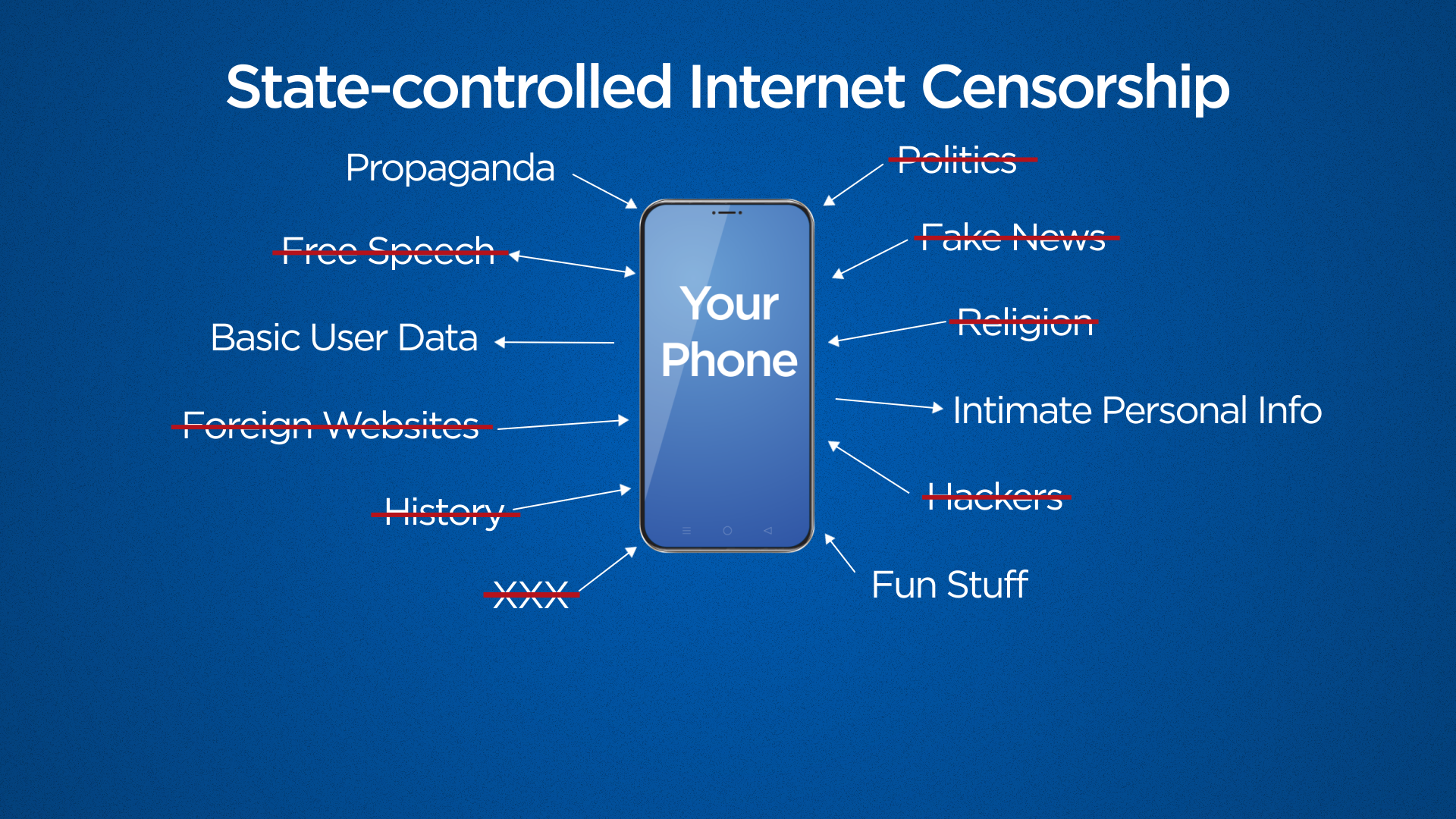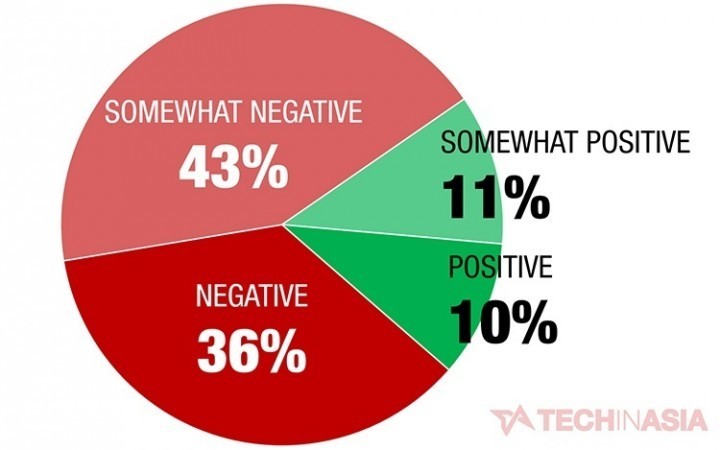Internet censorship in China is a highly controversial and much-discussed topic. The Chinese government has a long history of censoring the internet and controlling the flow of information within its borders. In this essay, we will explore the reasons behind internet censorship in China, how it is implemented, and the impact it has had on the country and its people.
One of the main reasons behind internet censorship in China is to suppress dissent and maintain the ruling party's grip on power. The Chinese Communist Party (CCP) has always been wary of any form of political opposition or criticism, and the internet has provided a platform for individuals to express their views and organize themselves. To prevent this, the government has implemented various measures to censor and control the internet, including blocking websites, censoring search results, and monitoring online activity.
The Chinese government has also cited national security and social stability as reasons for internet censorship. It has argued that certain websites and online content can spread misinformation and incite social unrest, and therefore must be censored. Additionally, the government has claimed that foreign websites and platforms pose a threat to China's sovereignty and national security, and have therefore been blocked or heavily censored.
The implementation of internet censorship in China is carried out by various government agencies and organizations, including the Central Propaganda Department, the Cyberspace Administration of China, and the Ministry of Public Security. These agencies have the power to block websites, censor search results, and monitor online activity. They also have the authority to punish individuals or organizations that violate internet censorship laws, including through fines, imprisonment, and even execution.
The impact of internet censorship in China has been significant. It has had a major effect on the country's internet industry, with many foreign websites and platforms being blocked or heavily censored, including Google, Facebook, and Twitter. This has led to the rise of domestic alternatives, such as Baidu, Weibo, and WeChat, which are heavily regulated and censored by the government.
Internet censorship has also had a major impact on the freedom of expression and the ability of individuals to access information in China. Many people have been arrested or punished for expressing their views online, and censorship has made it difficult for Chinese citizens to access a wide range of information. This has had a negative impact on the country's media industry, with many journalists and writers self-censoring their work to avoid retribution.
In conclusion, internet censorship in China is a highly controversial and complex issue. While the government has justified it as a means to maintain national security and social stability, it has also had a major impact on the country's internet industry and the freedom of expression of its citizens. Despite the challenges it poses, many people in China continue to find ways to access information and express their views online, and the issue of internet censorship remains an ongoing topic of debate and discussion.








